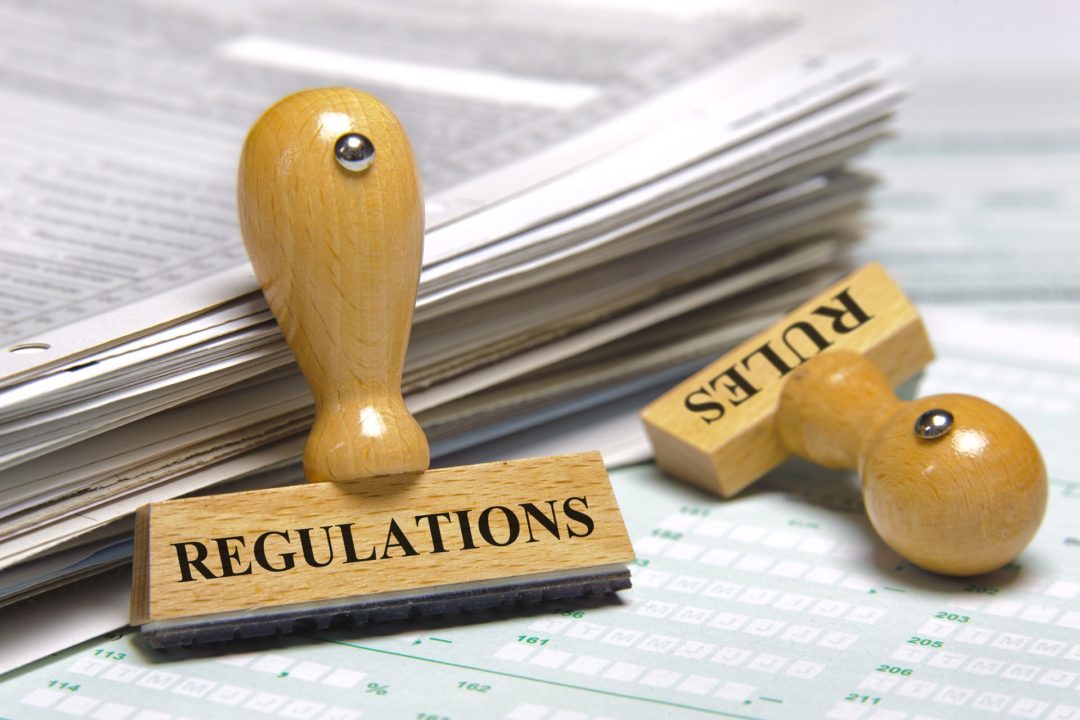As the deadline draws near for the U.S. Food and Drug Administration's (FDA) decision on how to regulate homeopathic remedies, and anarticlein the mainstream media reignites the issue, homeopathic agencies and experts are offering guidance to those awaiting the decision.
As wereportedback in December, the FDA proposed a new risk-based enforcement approach to drugs labeled as homeopathic. Many homeopathic treatments are being marketed as remedies for serious diseases and conditions when there is no actual proof the products provide clinical benefits, the FDA says.
Certain homeopathic-labeled products do not meet manufacturing practice standards and may even contain potentially harmful ingredients, the FDA maintains.
The FDA draft guidance is undergoing a 90-day trial period for public comment.
The National Center for Homeopathy (NCH), in collaboration with the American Association of Homeopathic Pharmacists (AAHP) and other organizations issued aresponseyesterday as they determine an effective response to this "serious situation."
"NCH has been following the guidance of the AAHP as they are familiar with the regulatory requirements for manufacturing and have a long history of working within the FDA regulations. AAHP also has an active expert Legislative and Regulatory Committee and a dedicated lobbyist in Congress.
"AAHP has now shared its strategy with NCH and the Homeopathy Action Alliance (HAA) member organizations, and we will be following their recommendations. Not all of the strategy can be disclosed at this time, because of the need for discretion, but we want to assure you that your NCH Executive Director and Board Members are prepared to participate.
"As part of the overall response, NCH will be preparing written comments to submit to the FDA. It is not recommended that individuals post their comments to the FDA, although there are some groups who are promoting individual responses and letters. In 2015 when the FDA first initiated a review of homeopathy, over 9000 comments were logged into the FDA public comment site. These were disregarded by the FDA and had no influence on their decisions. There is no expectation that individual comments will make a difference now, and some believe that comments may be disadvantageous. As citizens you have the right to contact the FDA as you choose, however, we are encouraging you to put your efforts into the areas that are thought to be more influential."
Homeopathy was developed in the late 1700s. It is based on the belief that a substance that causes symptoms in a healthy person can be used to treat illness and that the more diluted the substance, the more potent it is. The homeopathic market started off small, and was mainly for specialized products.
Today, the homeopathic industry is worth nearly $3 billion. Although law states that homeopathic drug products must meet the same standards as any other drug product, many prescription and nonprescription products labeled as homeopathic are being manufactured and distributed without FDA approval.
For additional details concerning the FDA draft guidance, you can register for theRegulatory Update Webinarpresented by Mark Land of the AAHP on Feb 12 at 8PM Eastern.

2025 Natural Choice Awards
March 31, 2025








